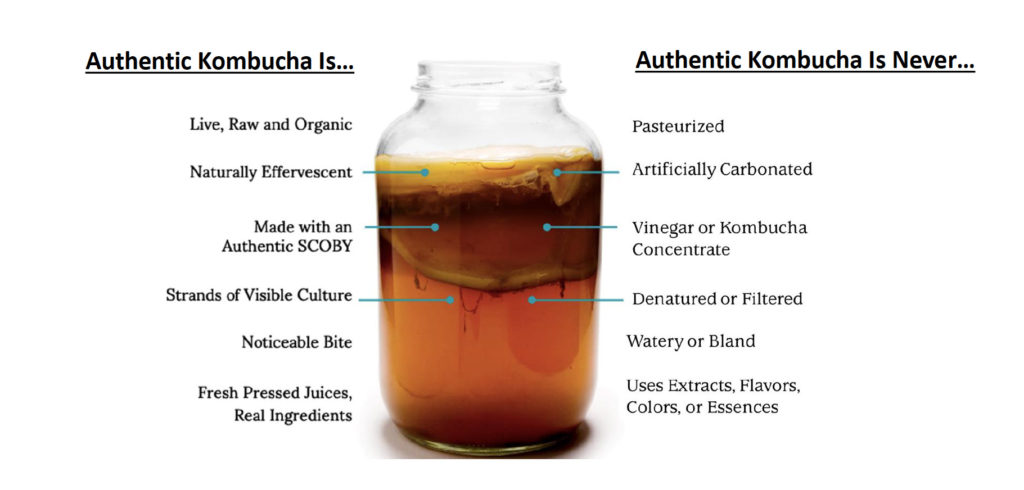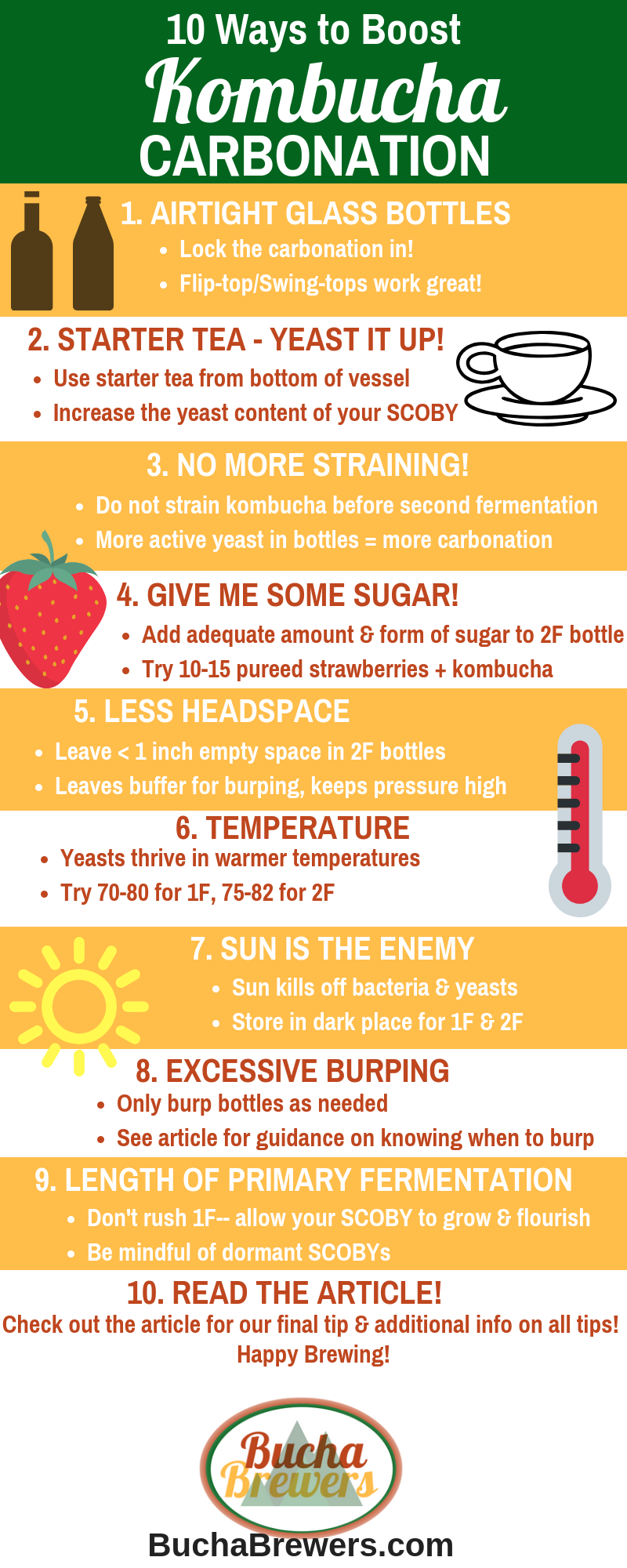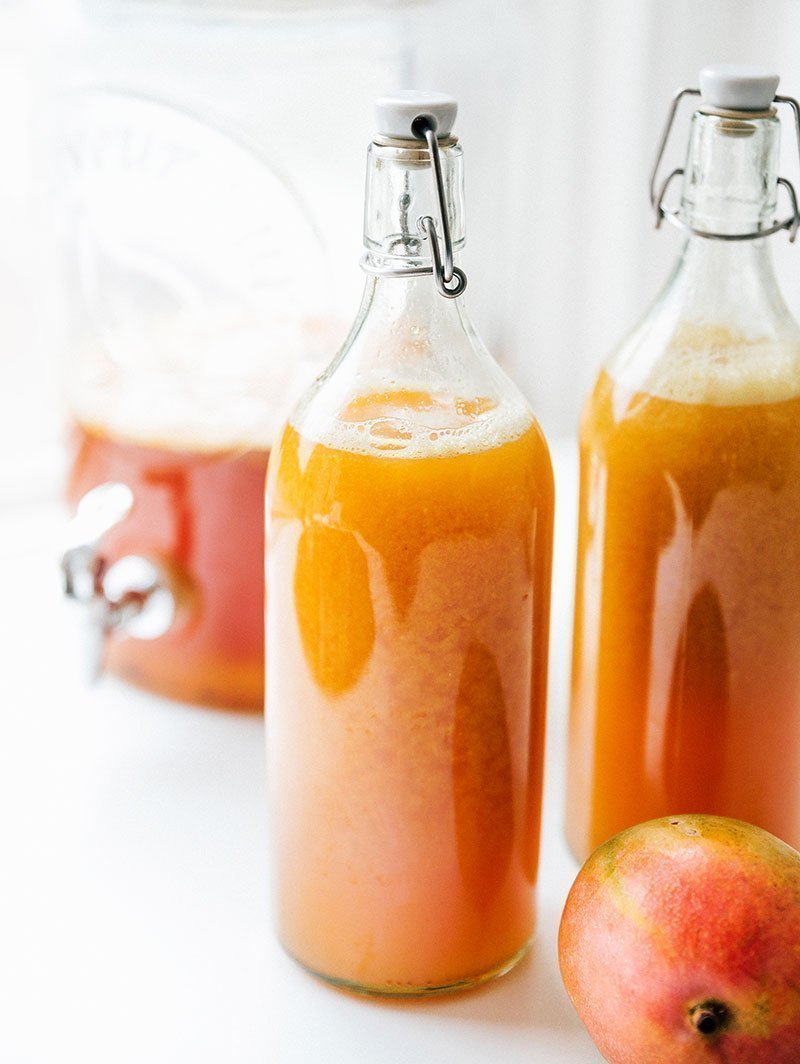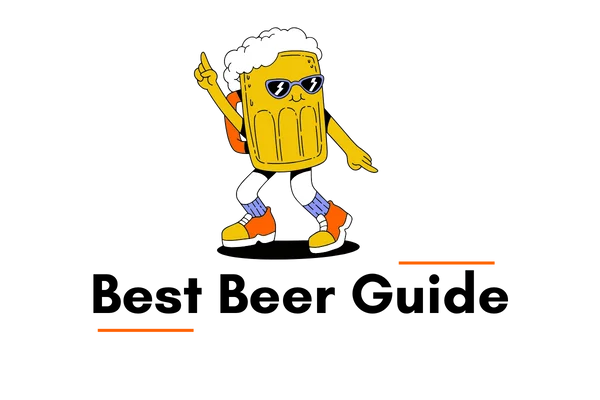Yes, Kombucha is naturally carbonated due to the fermentation process it undergoes. Kombucha, a popular fermented tea beverage, is not only known for its tangy flavor and numerous health benefits but also its natural carbonation.
Made by fermenting sweetened tea with a combination of yeast and bacteria cultures, Kombucha develops bubbles of carbon dioxide as a byproduct. This natural carbonation gives Kombucha its fizziness, making it a refreshing alternative to sugary sodas or artificially carbonated drinks.
Many enthusiasts enjoy the effervescence of Kombucha as it adds a delightful and lively sensation to the drinking experience. While the fermentation process is responsible for creating this bubbly effect, some brands may also carbonate their Kombucha further to enhance its carbonation levels. Whether it’s natural or artificially boosted, Kombucha offers a fizzy, fizzy delight to its consumers.

Credit: thesweetpotato.ca
The Science Behind Kombucha
Kombucha is naturally carbonated due to the fermentation process. During fermentation, yeast and bacteria interact to create carbon dioxide gas. This gas gets trapped in the drink, resulting in its effervescence. The primary catalyst for this process is the SCOBY, a symbiotic culture of bacteria and yeast. The presence of this living culture in kombucha allows for the natural carbonation. The fermentation process is essential in creating the fizziness that kombucha is known for. Through this process, the drink develops its unique taste and texture, making it a popular choice for those seeking a naturally carbonated beverage.

Credit: buchabrewers.com
Carbonation In Kombucha
Kombucha is a naturally carbonated beverage that is created through a process known as fermentation. During the fermentation process, microorganisms consume the sugars in the sweetened tea solution and produce carbon dioxide as a byproduct. This carbon dioxide is what gives kombucha its fizzy and bubbly texture.
The natural fermentation of kombucha creates a small amount of carbonation, but it may not be as carbonated as some commercially produced soft drinks. To achieve a higher level of carbonation, some brewers choose to undergo a secondary fermentation process.
Secondary fermentation involves bottling the kombucha with additional sweetener and allowing it to ferment for a second time. This allows for more carbonation to develop, resulting in a more fizzy and effervescent drink. It is important to note that not all kombucha undergoes secondary fermentation, and the level of carbonation can vary depending on the brewing process and individual preferences.
Factors Affecting Carbonation Levels
Factors Affecting Carbonation Levels:
Temperature: The temperature during the fermentation process plays a crucial role in determining the carbonation levels of Kombucha. Low temperatures can slow down fermentation, resulting in less carbonation. On the other hand, higher temperatures can speed up fermentation, leading to higher carbonation levels. It is recommended to keep the brewing environment at around 70-75°F (21-24°C) for optimal carbonation.
Duration of Fermentation: The duration of fermentation also affects the carbonation levels of Kombucha. Typically, longer fermentation times result in higher carbonation levels as more natural carbon dioxide is produced during the process. The ideal fermentation time to achieve desired carbonation can vary from 7 to 14 days, depending on personal preference. It is important to monitor the bubbles and taste test during the process to determine the perfect balance of flavor and carbonation.

Credit: brewbuch.com
Commercial Kombucha Products
Kombucha is naturally carbonated due to the fermentation process. This natural carbonation occurs as a result of the live cultures breaking down the sugars. Commercial kombucha products often undergo forced carbonation techniques to enhance the fizziness of the drink. One method is through artificial carbonation, where carbon dioxide is added to the beverage to create the desired level of carbonation.
Impact Of Carbonation On Kombucha
Kombucha naturally undergoes carbonation during the fermentation process, creating effervescence that impacts its overall taste and mouthfeel. The carbonation in kombucha is a result of the natural production of carbon dioxide by the live cultures present in the drink.
| Carbonation enhances flavor and fizz of Kombucha. |
| It creates a refreshing mouthfeel and effervescence. |
| Health benefits remain in naturally carbonated Kombucha. |
Frequently Asked Questions Of Is Kombucha Naturally Carbonated
Is Kombucha Ok If Not Fizzy?
Yes, kombucha is still okay to consume if it’s not fizzy. The fizziness comes from the carbonation process, but the drink remains beneficial without it.
Do They Make Non Carbonated Kombucha?
Yes, non carbonated kombucha is available. It is a flat version of the popular fermented tea drink.
Is Kombucha Considered A Fizzy Drink?
Yes, kombucha is considered a fizzy drink due to its natural carbonation process.
Is Kombucha Still Or Sparkling?
Kombucha is typically sparkling due to natural carbonation from the fermentation process.
Conclusion
Kombucha is naturally carbonated due to the fermentation process. The live bacteria and yeast in the drink produce gases, resulting in the fizzy texture. Understanding the natural carbonation of kombucha adds to its appeal as a healthy and fizzy beverage option.
Enjoy the effervescent goodness of kombucha!
